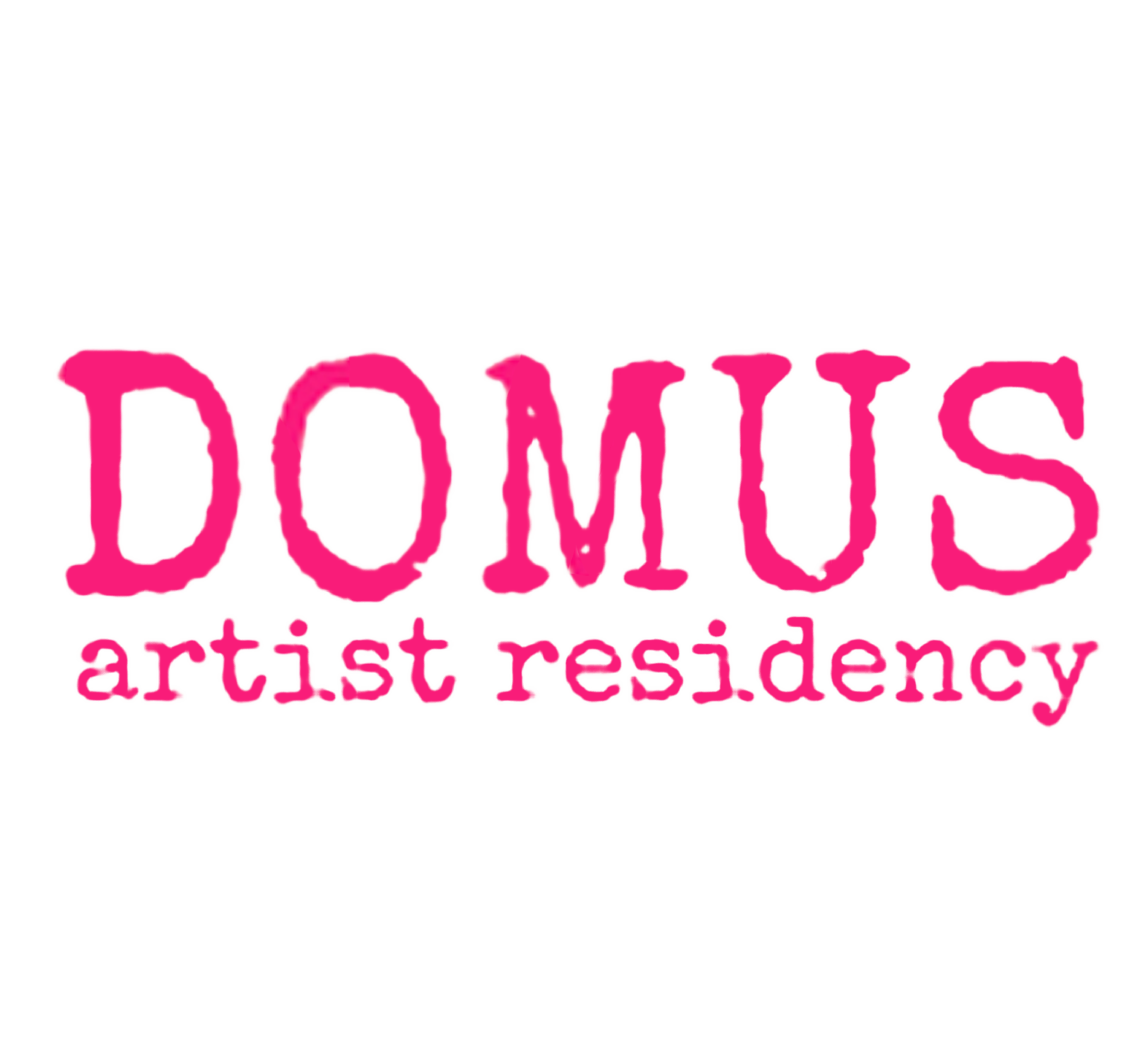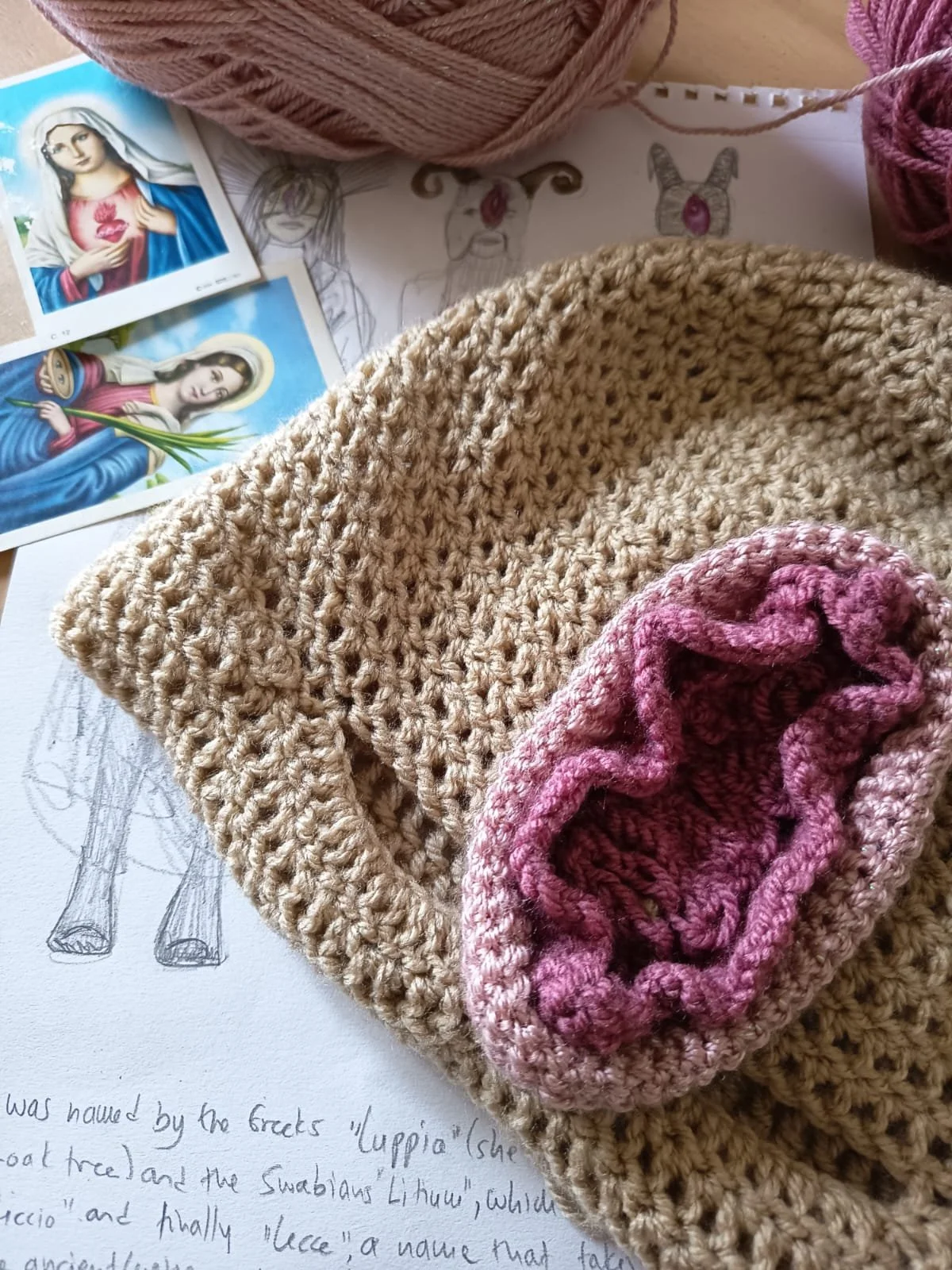AFRODITI ANASTOPOULOU
Residents of October 2025
Afrοditi Anastopoulou is a greek visual artist and performer. She studied in the School of Visual and Applied Arts in Aristotle University (2017) and she holds a master in Costume Design from the Royal Academy of Fine Arts Antwerp (2019). Through a diverse practice that includes performances, textile art and installations, she seeks to express complex themes related to female identity and the gender representations in western culture.
She has worked as costume designer and costume assistance, (Berlin Art Week 2024, PORTALS|NEON, Stathmos Theater, Synchrono Theater, 104 Theater) and in November 2020 she was selected to participate in the fashion workshop “MORPHES” organized by Athens and Epidaurus Festival. As a visual artist and performer she has participated in multiple group exhibitions and projects as WOM.A festival (Association of Greek Archaeologists, 2023), Buildings| Bodies (TAF, 2023), Performance Rooms 2022 (Kappatos Gallery), TACTUS-17th Athens Digital Festival (2021), International Forum of Performance Art (Drama 2021), Womanhoods (Noucmas, 2021), Thank you come again: Selected Master of the Royal Academy (2019), Athens Dance Video Project (Athens Fine Art School 2018), etc.
“This work is part of my ongoing research on how language shapes perceptions of femininity and sexuality, focusing on Mediterranean expressions and idioms. During my time at Domus, I explored sayings linking women to animality or desire, highlighting a cultural crossover between Greek and Italian, such as “to mouni sernei karavi” (“the cunt pulls the boat”) and “Tira più un pelo di fica che un carro di buoi” (“a cunt’s hair pulls more than an oxen cart”). I also study tarantism as an act of resistance, exploring its performative and symbolic potential. These expressions and rituals inform the visual language and dramaturgy of a future performance, where they will be transformed into literal, embodied actions.
Hand-knitted masks give these sayings physical form, reclaiming their symbolic power. The vulva-shaped masks become both objects and performative tools-acts of humor, resistance, and repair-turning language into a space of empowerment and playful redefinition.”


